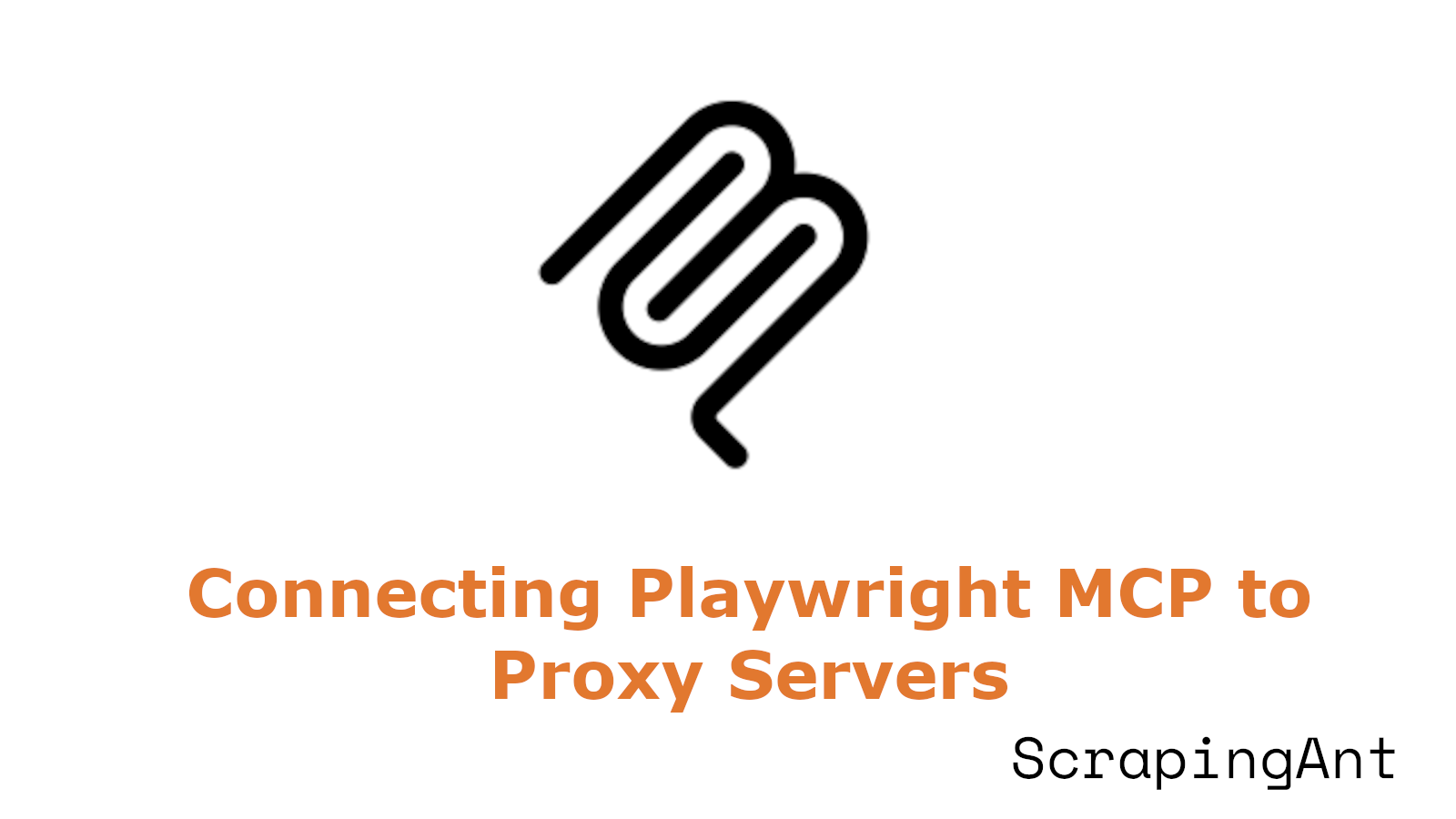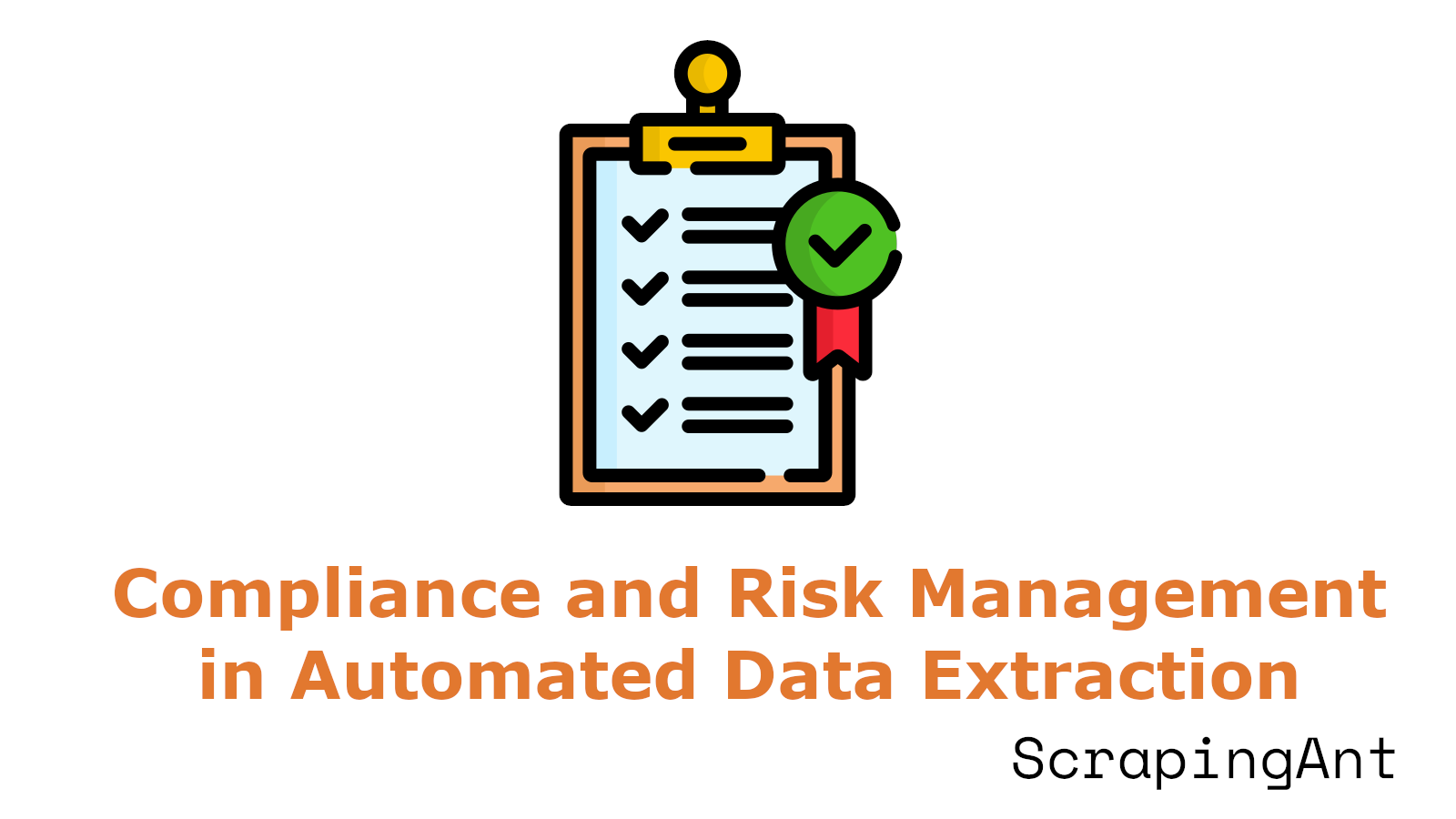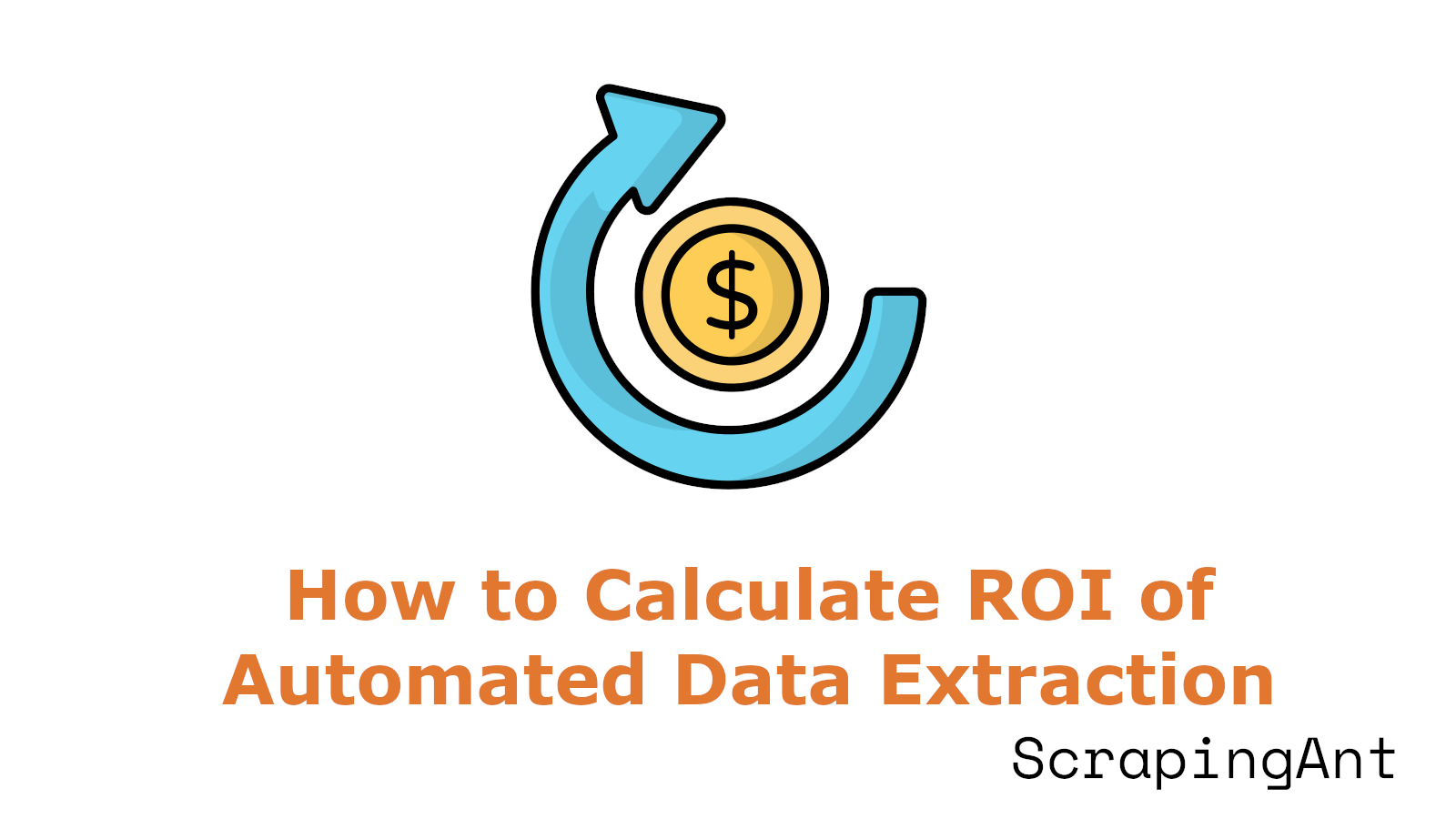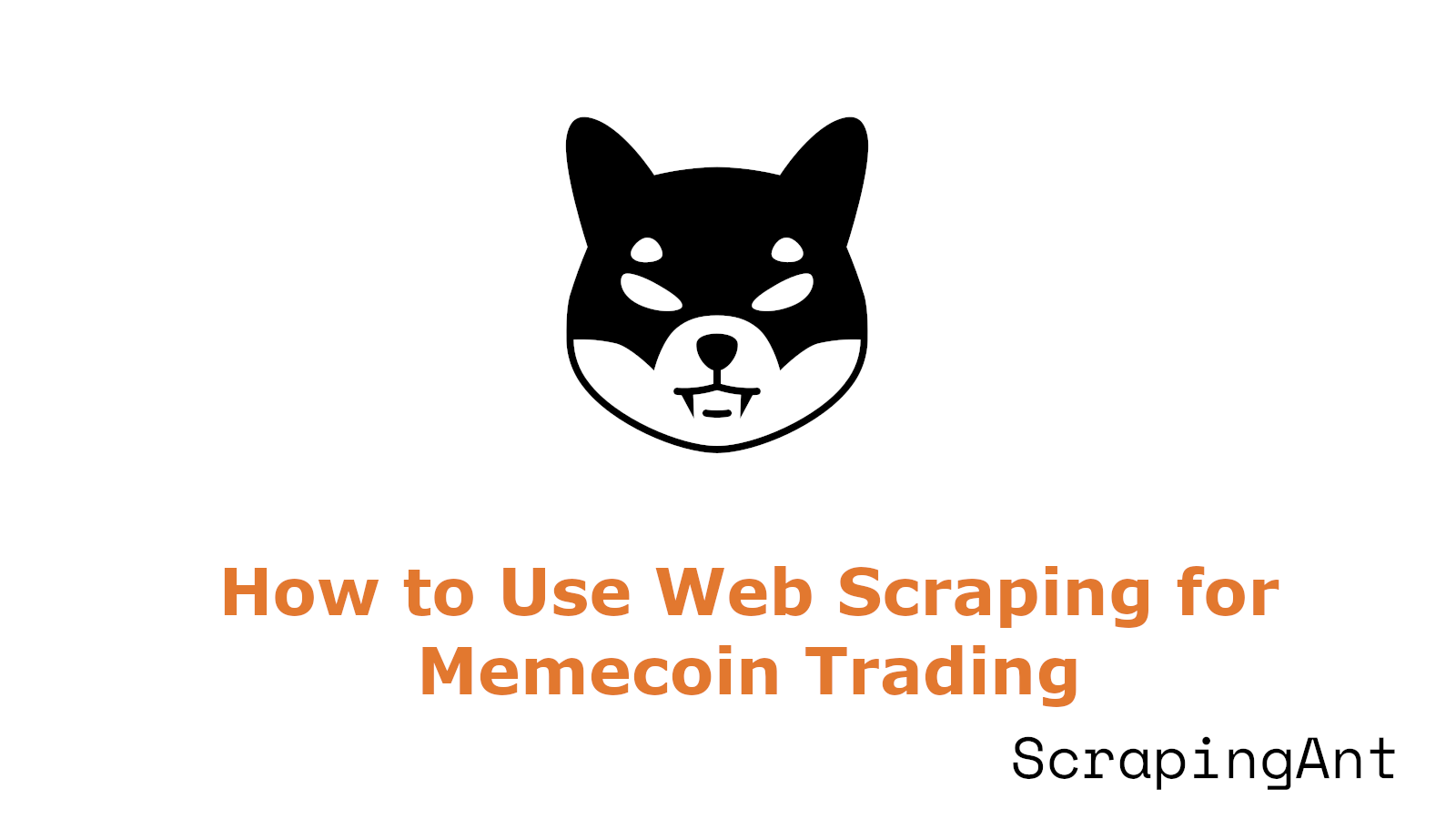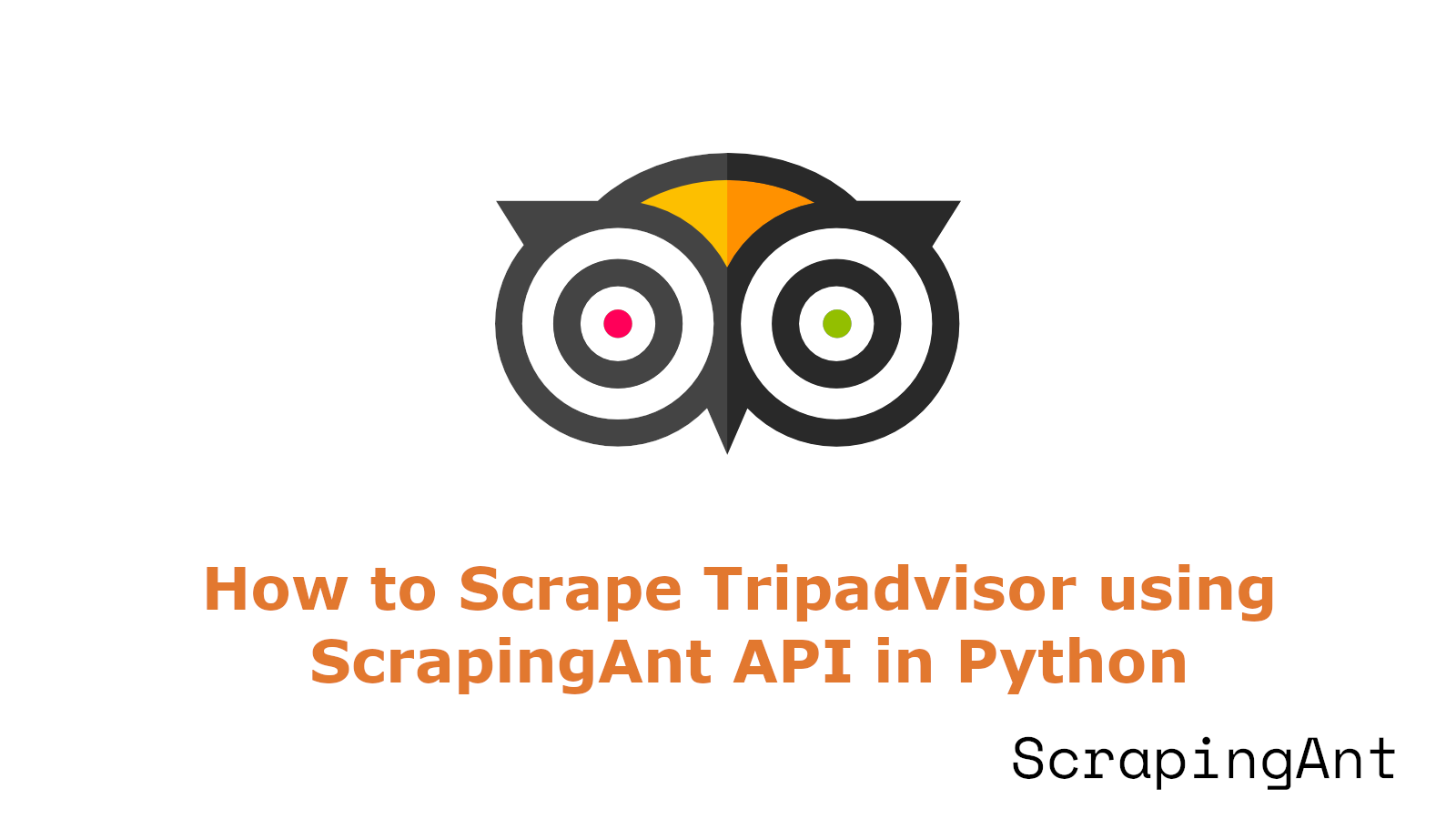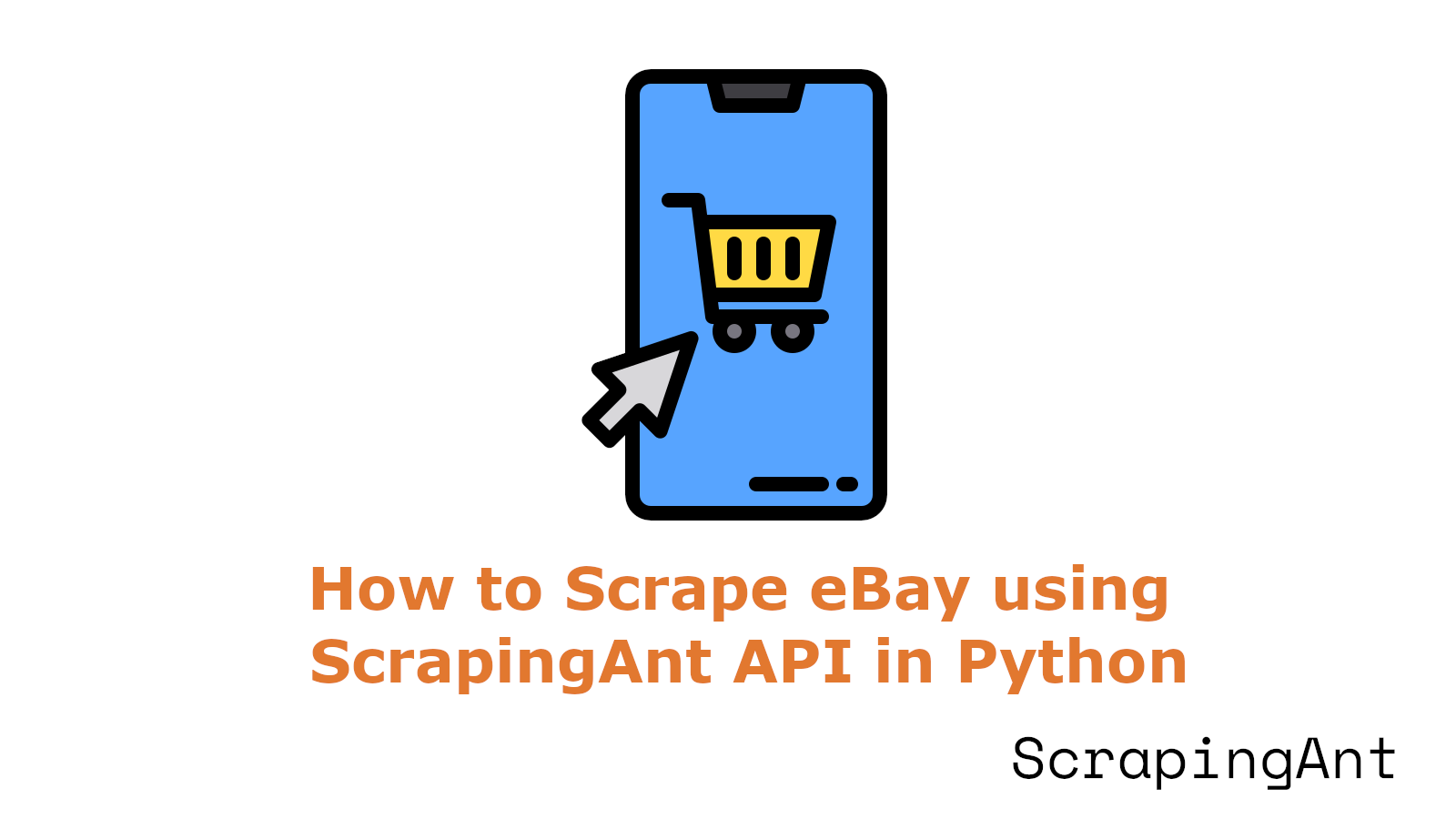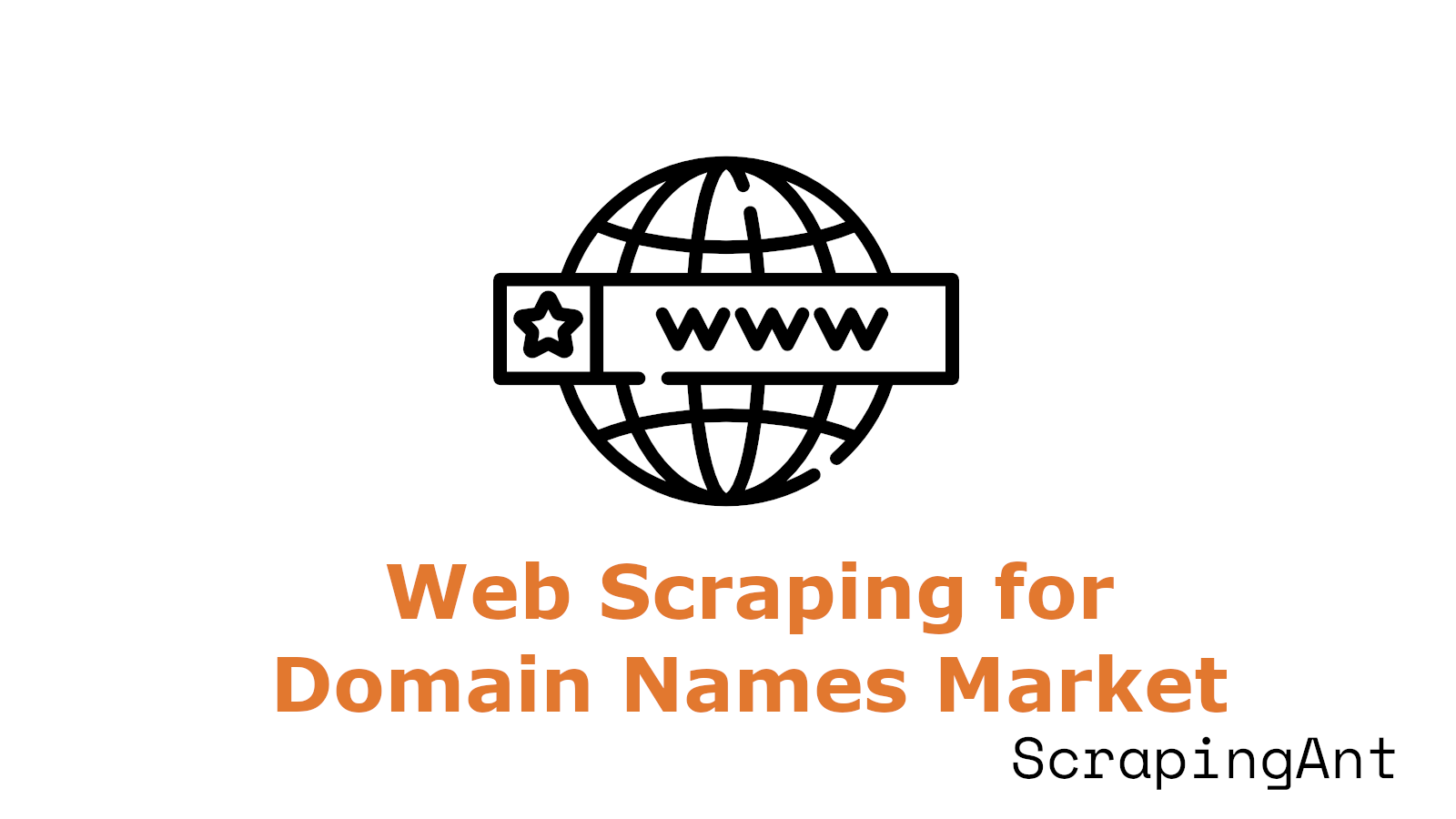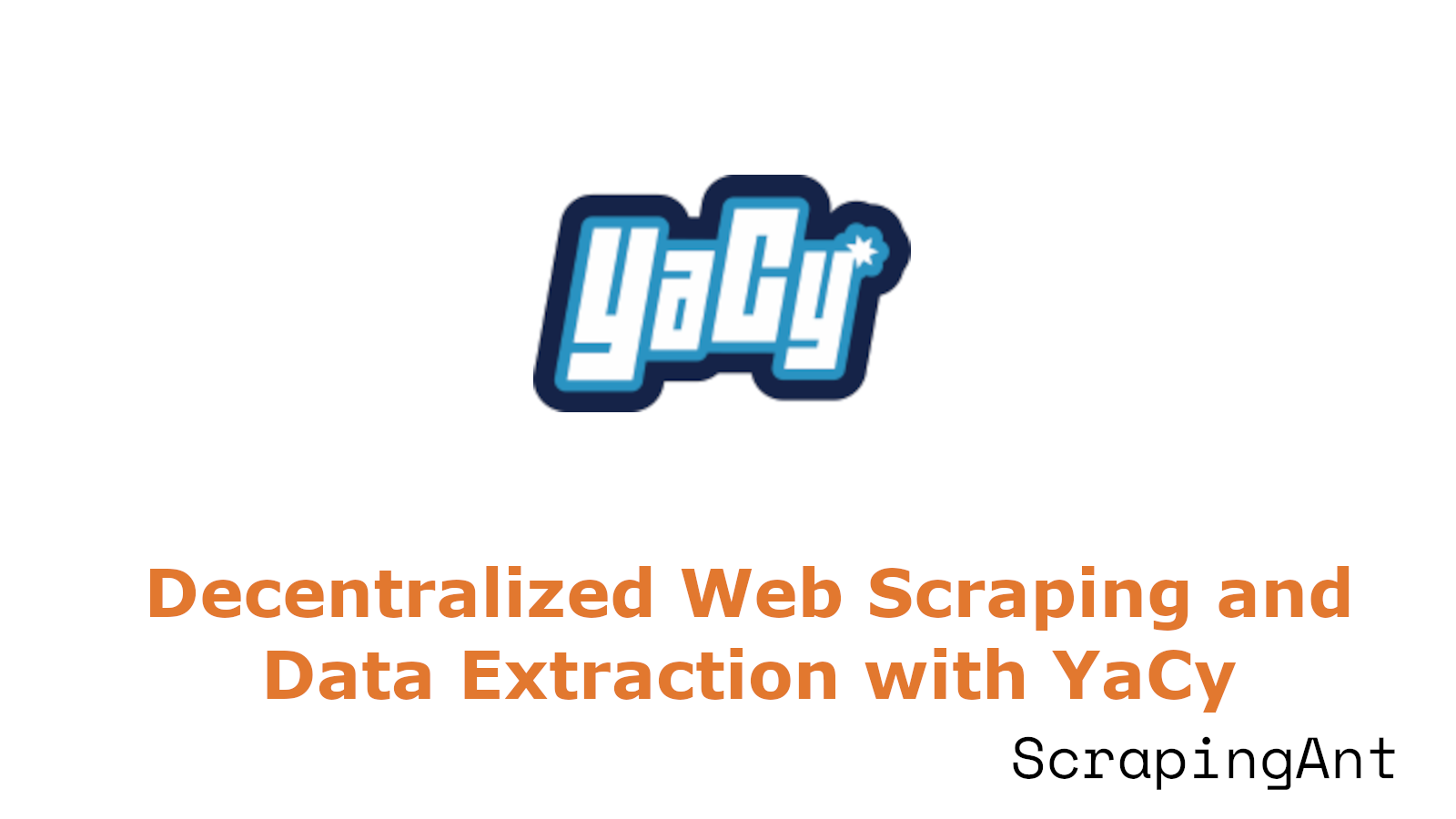
Running your own search engine for web scraping and data extraction is no longer the domain of hyperscalers. YaCy - a mature, peer‑to‑peer search engine - lets teams build privacy‑preserving crawlers, indexes, and search portals on their own infrastructure. Whether you are indexing a single site, an intranet, or contributing to the open web, YaCy’s modes and controls make it adaptable: use Robinson Mode for isolated/private crawling, or participate in the P2P network when you intend to share index fragments.
In this report, we present a practical, secure, and scalable approach for operating YaCy as the backbone of compliant web scraping and data extraction. At the network edge, you can place a reverse proxy such as Caddy to centralize TLS, authentication, and rate limiting, while keeping the crawler nodes private. For maximum privacy, you can gate all access through a VPN using WireGuard so that YaCy and your data pipelines are reachable only by authenticated peers. We compare these patterns and show how to combine them: run Caddy publicly only when you need an HTTPS endpoint (for dashboards or APIs), and backhaul securely to private crawler nodes over WireGuard.
